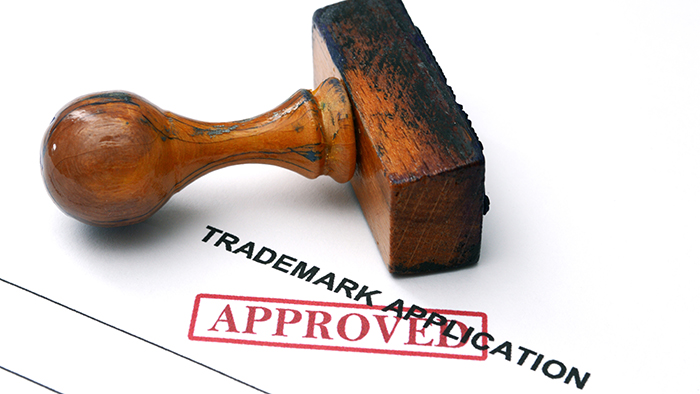
By Bala Mohan, JD, ByrdAdatto
A trademark is a great marketing tool and business asset that can distinguish one's product or service from those of the competitors in the market. However, one must exercise caution in choosing a trademark for their business, as not all marks can obtain federal trademark protection from the United States Patent and Trademarks Office (USPTO).
The first step in choosing a trademark is to make sure that your preferred mark is not already registered. A quick search of the mark in the USPTO's database with the Trademark Electronic Search System (TESS) will let you know if an identical mark is already registered. This is an important step because the USPTO will not grant trademark protection to marks that are already registered.
The second step is to ensure that your mark is not too similar to another registered mark in sound, meaning or visual appearance. Apart from finding an exact match, the most common reason for the USPTO to refuse a trademark registration is a finding of a "likelihood of confusion" between the trademark applicant's mark and a mark already registered by another party. This means that when marks sound alike when spoken, are visually similar, have the same meaning (including translation) or create the same general commercial impression in the consumer's mind, the marks may be considered confusingly similar, and the one that hasn't yet been registered will be refused trademark protection.
The next step is to choose a strong trademark. Trademarks are generally classified on a spectrum of distinctiveness and strength by the USPTO when it considers trademark registration and protection. Marks that qualify as "generic" or "descriptive" are weak marks; marks that qualify as "arbitrary" or "fanciful" are strong marks; and marks that qualify as "Suggestive" fall in between. So, one's goal while choosing a trademark should always be to choose a strong mark.
Therefore, it is important to classify a potential mark to identify its strength. Generic marks are terms that depict a genus or type of a product or service and, therefore, can never be trademarked. An example of a generic mark would be naming your business "Chair" to sell chairs. Since trademark registration grants the exclusive right to use the mark nationwide, allowing trademark registration of generic terms will extricate the term from the public domain, so these terms are not granted trademark protection. You also want to stay away from descriptive marks. A mark that describes the nature, quality, or characteristics of a product or service, such as "Vision Center" for an optometrist's office, is a descriptive mark. Descriptive marks are weak marks and rarely obtain trademark protection.
Suggestive marks hint at a product's or service's attribute and are usually protectable. A famous example of a suggestive mark is CarMax, where "CarMax" hints to the public that the company is involved in the automobile industry but leaves the precise nature of the business—i.e., the sale of used cars—to the consumer's imagination.
An arbitrary mark is a mark that already exists in the marketplace but is used in an unrelated context. Arbitrary marks are strong marks and almost always protectable. A famous example here would be Apple Inc., a manufacturer of computers, using a pre-existing term for fruit as the trademark for a technology company.
The final type and the strongest form of trademark is the "fanciful" mark. These are wholly invented terms; some famous examples are Lexus, Verizon and Clorox. Choosing a strong mark is vital, as it increases your chances of obtaining a trademark registration.
Accordingly, prior to filing a trademark application, one must conduct a thorough trademark clearance search to weed out registered or confusingly similar marks and choose a strong mark. Doing your due diligence is key, as it will not only increase your chances of obtaining the trademark protection for your mark, but also save you from expenses resulting from preventable trademark infringement actions.
AmSpa members receive a complimentary 20-minute Introductory Compliance Assessment with a ByrdAdatto attorney. Click here to learn how to join AmSpa today!
Bala Mohan, JD, knew from a very young age that her choice of career would be related to science because she excelled in her biology and chemistry coursework. With a strong passion for genetics and the desire to find a cure for her mother—who was diagnosed with diabetes at an early age—Mohan obtained a Bachelor of Technology in Pharmaceutical Biotechnology. Having worked as a scientific researcher during her undergraduate studies, Mohan greatly values attention to detail and is a meticulous person. She then pursued a master's in Entrepreneurial Biotechnology to gain knowledge about business and startups. This landed her a position with Cleveland Clinic Innovations, where she evaluated over 100 innovations and negotiated deals with potential investors. In this role, Mohan had the opportunity to interact with business and health care lawyers from multiple health care organizations, and she quickly realized that her real calling in life was to be a health care attorney. Subsequently Mohan obtained her JD and was able to pursue a career that combined all her interests—science, business and law.












